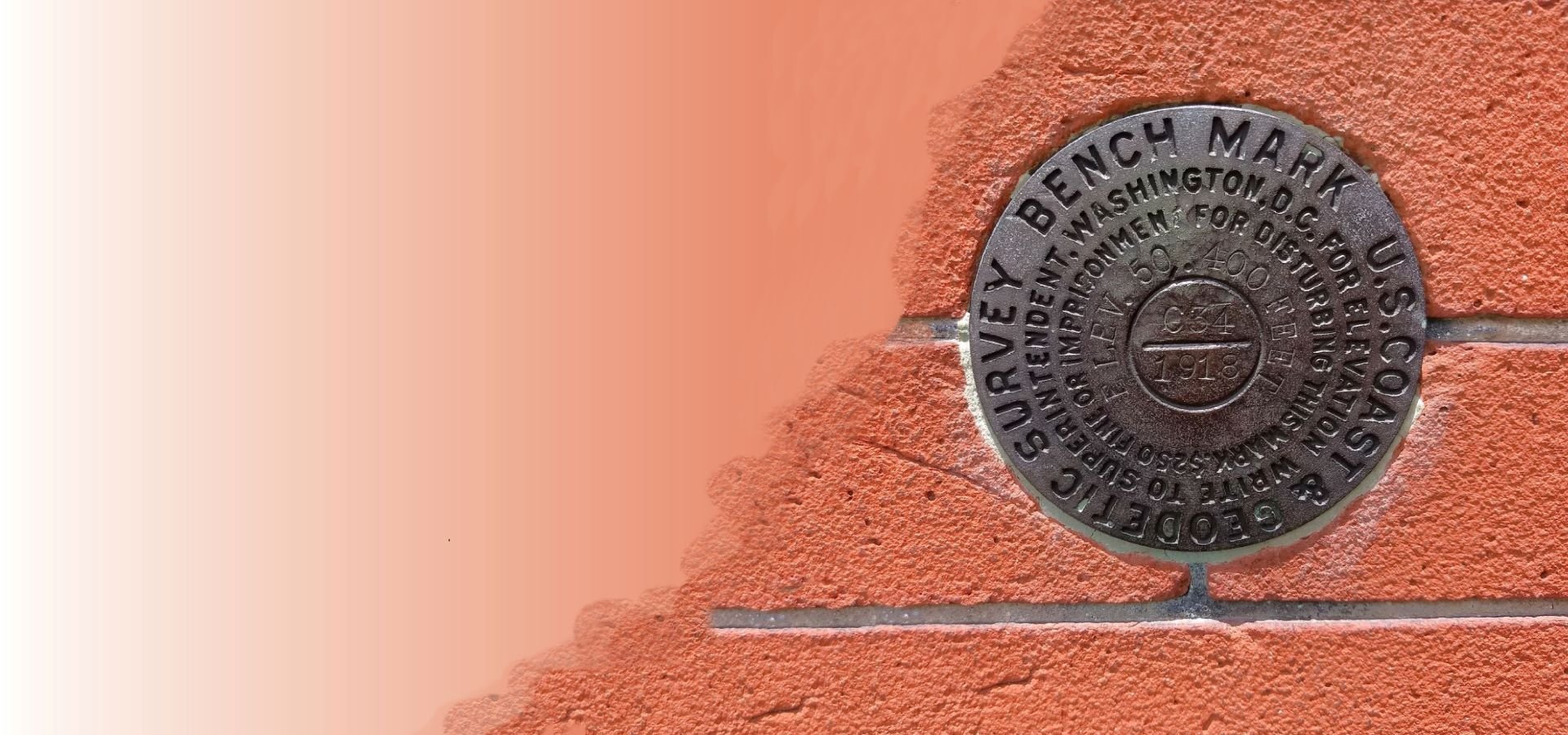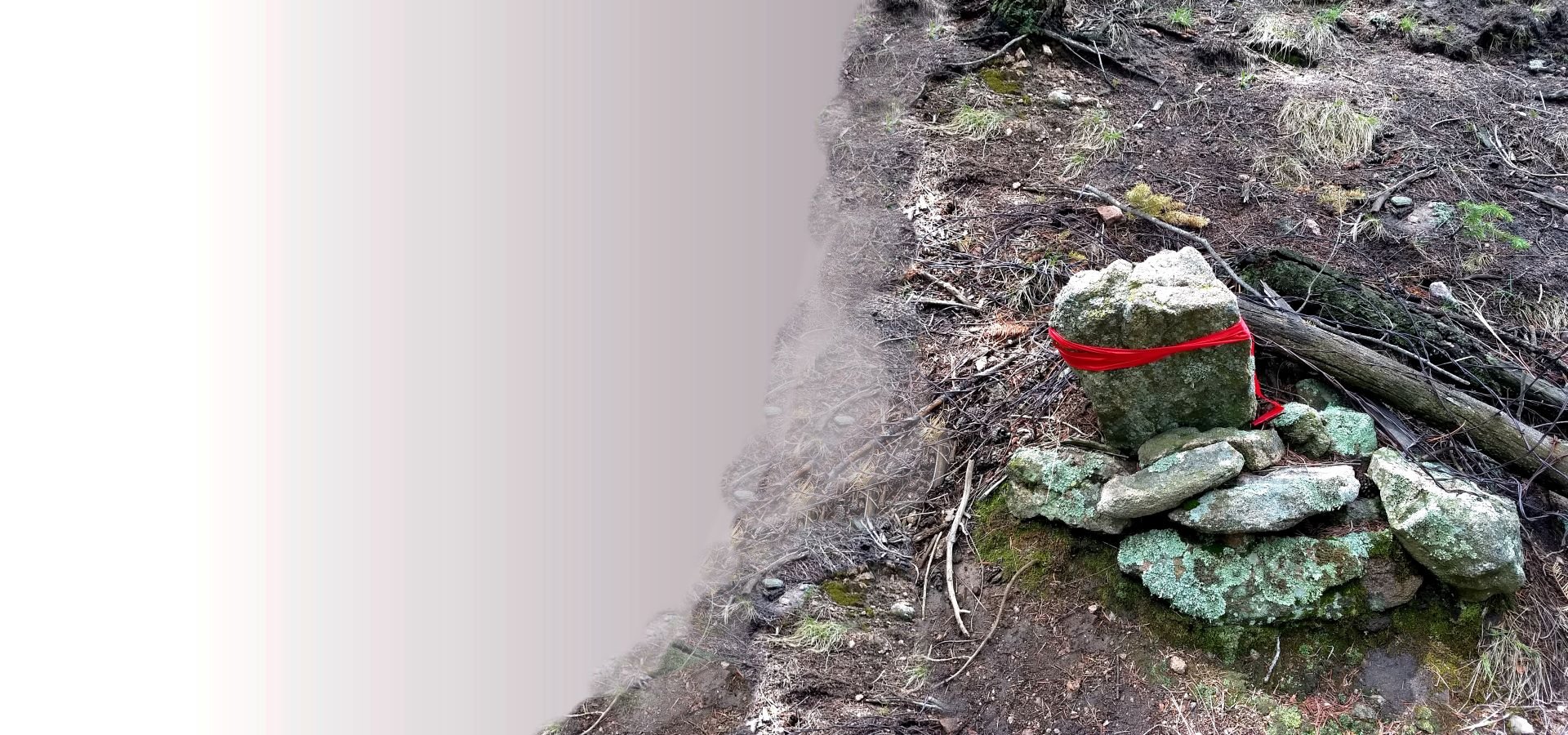
About Surveying
Successful Projects Start With Reliable Surveys
What is land surveying?
Land surveying uses on-site measurement techniques and historical research to identify and document the physical boundaries and features of a piece of land. The result is a map that provides detailed data about the site’s existing condition and features. Depending on the type of survey, maps may include data that note the location and/or dimensions of many elements, including: boundary lines, easements, topography, elevations, buildings, structures, paved features, utility lines, water bodies, wetlands and vegetation.
Land surveying is a key component of all construction and many other projects. Civil engineers, architects and project designers must fully understand the existing conditions of the land they are dealing with before they start the job. Land surveyors provide the critical data they need to develop the best project plan and execute it while minimizing the risks of installing features in the wrong place, legal boundary disputes, negative environmental impacts and other issues that can derail a project.
What are the risks of bad surveying?
Unfortunately, land surveying is often viewed as a commodity service, and the industry’s self-fulfilling prophecy has resulted in many mediocre firms who give the profession a bad name. Surveying is not a commodity. It’s one of the most crucial aspects of pre-construction and planning. The risk of a bad survey is that project leaders will be using inaccurate data to plan their projects. This can create costly construction delays, throwing the project off-schedule and over budget.
If you knew in advance that your project would face a legal dispute involving your land survey, would you hire a firm that puts Junior on the job? Or would you hire Arrow Point Surveying?
What are the benefits of good surveying?
Accurate surveys mitigate risk, optimize project efficiency and ensure environmental safety.
More accurate project estimates and proposals
Better odds of keeping the project on-schedule and in-budget
Improved and more efficient pre-construction planning
Knowledge of where to best position project features
Increased boundary knowledge to avoid legal disputes
Assurance that projects won’t harm environmentally protected areas
Greater team understanding of area topography
What’s required to be a successful land surveyor?
In Colorado, licensed land surveyors need many years of education and training and must pass a stringent multi-day exam to earn their professional license. But true success requires much more than passing an exam or taking careful measurements. The best surveyors also learn and understand boundary law as well as written and unwritten rights. They must know how to properly research historical records, overcome site obstacles and quickly adapt to changing technology. Understanding these nuances goes beyond a university degree; it takes years of on-the-job training to gain this knowledge. This level of mastery ensures that surveying data is both accurate and founded in a deep knowledge of land rights. It’s important to choose a surveying firm that dedicates a senior-level expertise to every job.
Are you a land survey ninja or novice? Take our quiz and find out!

Ready to start your next project right?
Contact us to schedule a no-obligation chat about your project needs.


